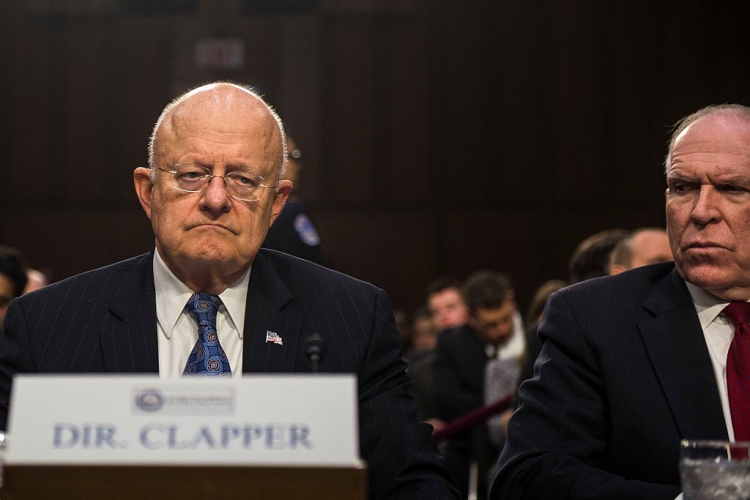North Korea Reportedly Restarts Plutonium Reactor In Yongbyon To Possibly Fuel Nuclear Bombs, Missile Technology, U.S. Intelligence Says

North Korea has reportedly restarted its plutonium production reactor at Yongbyon nine years after it had been shut down. The isolationist state is reportedly planning to exapnd its uranium enrichment facility in an attempt to bolster its nuclear capacity.
The Korea Herald reported the facility is able to fuel nuclear bombs and missile technology "within a matter of weeks to months," according to the United States National Intelligence Director James Clapper.
Director Clapper said the communist-led country had followed through with its announcements on the continuing evolvement and expansion of their nuclear and missile programs amidst several sanctions imposed by the United Nations.
"We further assess that North Korea has been operating the reactor long enough so that it could begin to recover plutonium from the reactor's spent fuel within a matter of weeks to months," Clapper said.
The Yongbyon facility ceased its operation in 2007 as part of a disarmament agreement. However, the North pursued its renovation after conducting a nuclear test in 2013. Experts said that a full operation of the facility would give rise to North Korea's capability in producing six kilos of plutonium every year, which could already create one nuclear bomb.
"North Korea's nuclear weapons program and evolving missile programs are a continuing threat," he added.
Clapper's remarks came a month after North Korea's recent launching of a long-range rocket, which was perceived to be a grave infringement of international ballistic missile sanctions. He described Pyongyang as a "volatile nuclear state whose motives remained unclear," as quoted from Julian Hattem's report from The Hill.
"Although North Korea issues official statements that include its justification for building nuclear weapons and threats to use them as a defensive or retaliatory measure," Clapper said, "we do not know the details of Pyongyang's nuclear doctrine or employment concepts."
He noted that they had long assessed that Pyongyang's nuclear capabilities were for "deterrence, international prestige and coercive diplomacy."



